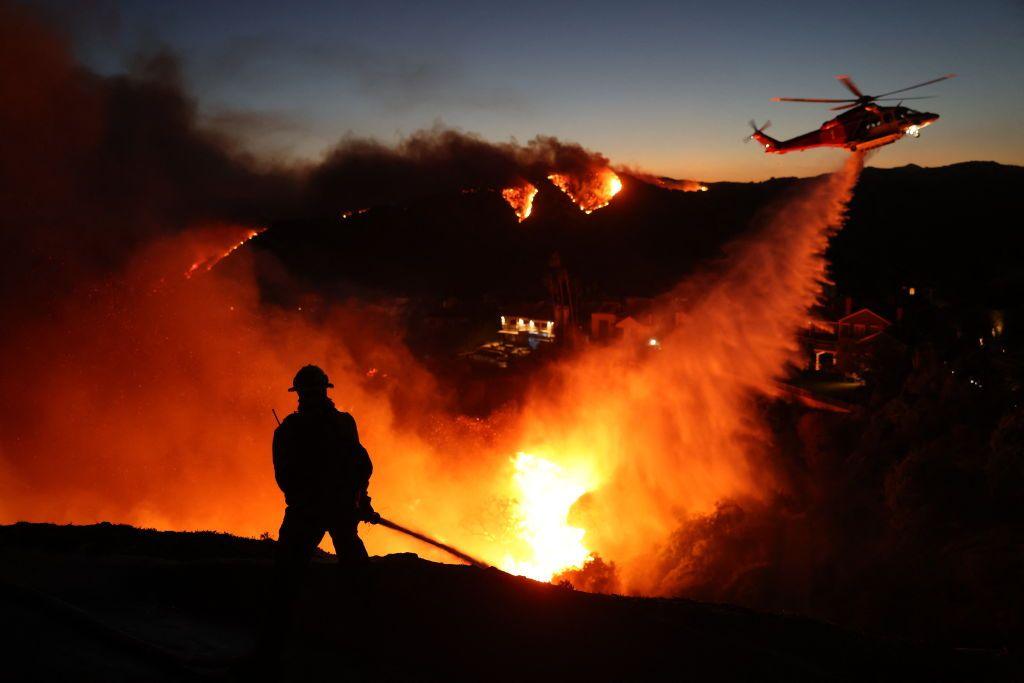January 2025 was the warmest on record

- Published
Last month was the warmest January ever recorded, and scientists are trying to understand why.
Experts thought it would be a little cooler than January 2024 because a weather pattern called El Niño had finished. Instead, January 2025 broke the record by almost 0.1°C.
El Niño is a weather pattern that happens when the Eastern Pacific Ocean gets warmer than usual. This can change the weather around the world, causing things like hotter temperatures, less rain, or even stronger storms in some places. It doesn't happen all the time, but when it does, it can affect the weather in many countries.
This year, a different weather pattern known as La Niña is developing instead, according to US science group National Oceanic and Atmospheric Administration (Noaa), it was expected to lead to a cooler January.
Earth has hottest year on record in 2024
- Published12 January
Scientists record hottest day in history
- Published24 July 2024
What's the difference between El Niño and La Niña?
- Published17 January 2023
Adam Scaife, head of monthly predictions at the Met Office, which monitors UK weather said: "If you'd asked me a few months ago what January 2025 would look like relative to January 2024, my best shot would have been it would be cooler.
"We now know it isn't, and we don't really know why that is."
What is causing warmer temperatures?
What is climate change?
The Earth's temperature is rising because of gases from human activities being released when fossil fuels are burnt to make energy. These gases trap heat in the Earth's atmosphere, which makes the planet warmer.
Scientists are still trying to understand why January was warmer, but they know that the Earth has been getting warmer over the past few decades because of these greenhouse gases.
Gavin Schmidt, a scientist from Nasa, says that even though scientists know the Earth is warming because of greenhouse gases, experts are still trying to understand why 2023, 2024, and the start of 2025 were so much hotter than expected.
He said: "The basic reason we're having records being broken, and we've had this decades-long warming trend, is because we're increasing the amount of greenhouse gases in the atmosphere.
"The specifics of exactly why 2023, and 2024, and [the start of] 2025, were so warm, there are other elements involved there. We're trying to pin those down."

Experts say the recent fires in LA were more intense because of climate change
Currently, most researchers still expect that overall 2025 will end up slightly cooler than 2023 and 2024 – but the recent warmth means they can't be sure.
Samantha Burgess, deputy director of the European Copernicus climate service says: "In time, 2025 is likely to be one of the cooler years that we experience," but added that more generally, "unless we turn off that tap to [greenhouse gas] emissions, then global temperatures will continue to rise".
